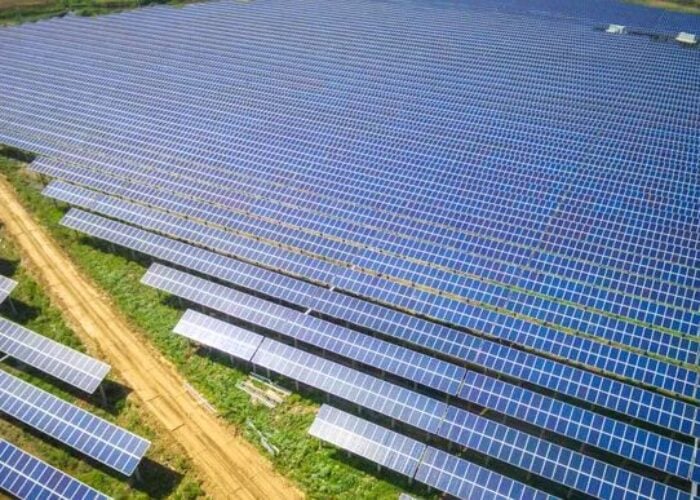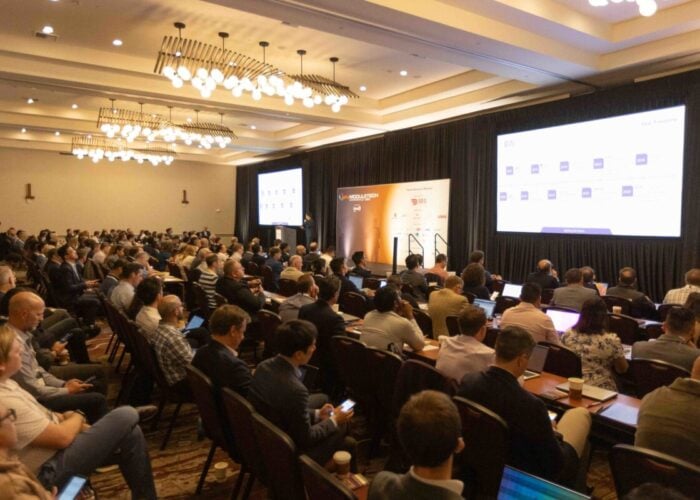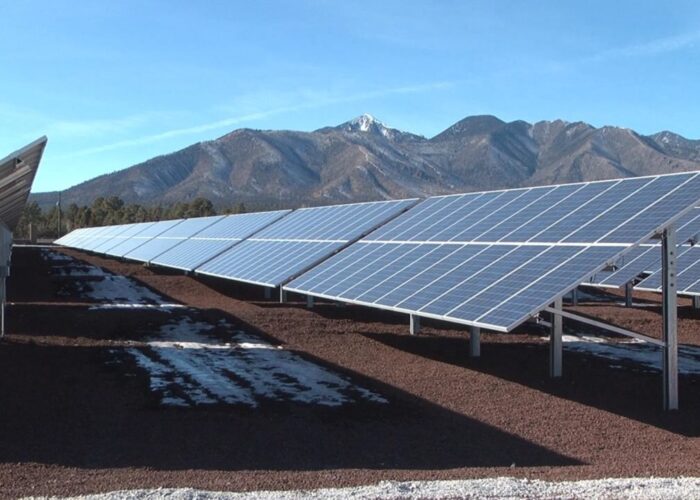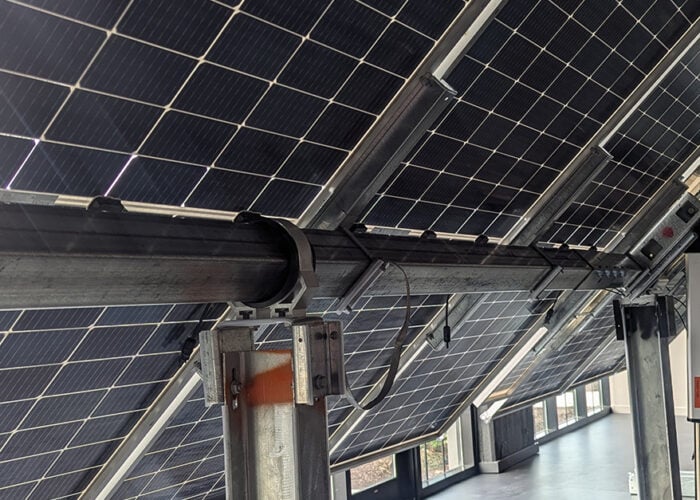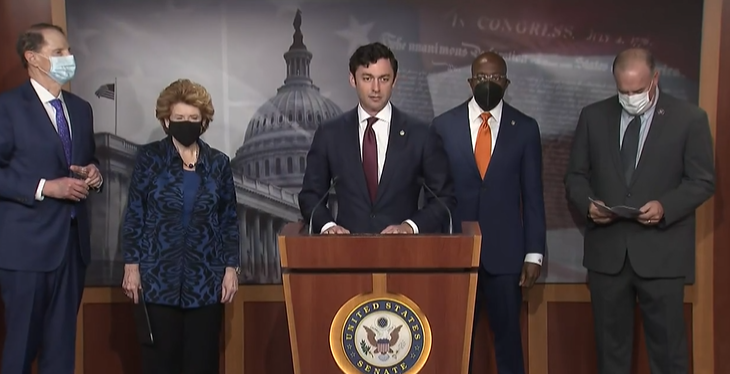
30 September Update: The Department of Commerce has delayed its decision on opening an investigation into the anti-dumping and countervailing duties circumvention alleged by the American Solar Manufacturers Against Chinese Circumvention (A-SMACC), pending a request for more information from the group. More on this update can be read here.
US Senator Jon Ossoff’s proposed Solar Energy Manufacturing for America Act (SEMA) has gathered strong political support as the country’s solar market braces for a potentially seismic decision from the US Department of Commerce (DOC).
Unlock unlimited access for 12 whole months of distinctive global analysis
Photovoltaics International is now included.
- Regular insight and analysis of the industry’s biggest developments
- In-depth interviews with the industry’s leading figures
- Unlimited digital access to the PV Tech Power journal catalogue
- Unlimited digital access to the Photovoltaics International journal catalogue
- Access to more than 1,000 technical papers
- Discounts on Solar Media’s portfolio of events, in-person and virtual
With the DOC expected to confirm whether or not it will investigate a petition’s claims of alleged circumvention of anti-dumping and countervailing duties by Chinese solar manufacturers tomorrow (30 September 2021), attention has also turned towards potential incentives for manufacturers of solar products in the US.
In June Ossoff, a Democrat senator from Georgia, introduced the SEMA draft legislation which proposed tax credits for solar products made in the US, setting prospective rates that would be in place until 2028 before phasing down until 1 January 2031 when they would be removed entirely.
While the original text, which can be read here, was limited to products specifically related to solar modules, there has been growing support for associated technologies and products such as inverters and trackers to also be included.
The bill has, predictably, garnered major support from US-based manufacturers. Last week Heliene CEO Martin Pochtaruk told PV Tech Premium the looming policy framework represented a “clear market opportunity” for his company, while REC Silicon is also hinging a decision to restart polysilicon production at its Moses Lake facility in Washington in 2023 on the proposals.
But despite strong support, the bill has yet to be formally picked up and installed within the draft budget reconciliation bill which also includes a 10-year extension for the Solar Investment Tax Credit and a revival of the production tax credit for solar projects.
Last week Ossoff urged Congress to include the SEMA Act, pointing towards polling which found that more than two-thirds (67%) of those surveyed, including Republican voters, supported the draft legislation. “I am leading the effort to supercharge American solar because we must transition to clean energy and we must make it in America,” Ossoff said at the time.
Yesterday the bill garnered even further support with Senator Ron Wyden, who chairs the influential Senate Committee on Finance, said the committee would “go to the mat” to include the SEMA Act as within the budget reconciliation bill.
“The Ossoff legislation, in my view, is absolutely a prerequisite in dealing with the climate change challenge,” Wyden said at a press conference, adding: “It would be a monumental mistake to trade dependence on foreign oil for dependence, for example, on foreign solar panels, or semiconductors, or batteries.”
WATCH: @SenateFinance Chair Sen. @RonWyden strongly endorsed the inclusion of Sen. @ossoff’s solar manufacturing legislation in the upcoming reconciliation bill.
— Ossoff’s Office (@SenOssoff) September 28, 2021
“I want everybody to know we are going to go to the mat for this.” – Sen. @RonWyden pic.twitter.com/XkanrO7blI
“We have a generational obligation, a historic obligation to address climate change, to transition from fossil fuel combustion to clean and renewable energy. Demand for solar energy is skyrocketing, and we need to be building this technology, manufacturing this equipment here in the United States, reduce our reliance on imports from China, and meet the moment,” Ossoff said yesterday.
Should the legislation be picked up and installed within the budget reconciliation bill, Democrats would not need a straight majority for it to pass, but the bill would be subject to change during negotiations with Republicans.
Its progress also coincides with the commerce department’s looming decision on whether to investigate claims of alleged circumvention of anti-dumping and countervailing tariffs by Southeast Asian-based subsidiaries of major Chinese module manufacturers. That decision is expected tomorrow and could, depending on an associated decision to retroactively apply any tariffs resulting from an investigation’s verdict, implement punitive tariffs on imports from named companies from tomorrow.
The petition, filed by an unnamed group of US solar manufacturers last month, has been the subject of fierce debate within the US solar sector and has triggered concerted lobbying efforts from both sides.
Solar developers in the US have expressed concern over the potential for tariffs to significantly limit solar module shipments to the US, with a number of developers and engineering, procurement and construction (EPC) firms telling PV Tech Premium of the need for urgent clarity amidst a potential hit from three policy fronts; the AD/CVD petition, the Withhold Release Order on imports linked to Hoshine Silicon Industry and a potential extension of Section 201 tariffs that is also set to be decided early next year.
Last week trade body the Solar Energy Industries Alliance (SEIA) said any tariffs resulting from an investigation could “devastate” the US solar industry, putting up to 18GW of projects at risk of collapse.



